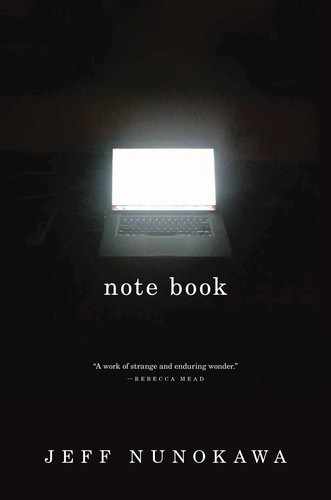1388. “The Unteachable Monkey,” “The Fables of Panchatantra,” “Indian Humor”
The Wisdom of China and India, ed. Lin Yutang (1942)
Inspecting my mother’s primary bookshelf, one last time, before my second sleep and flight home, I realize with a mild start that I perform this ritual whenever I am about to leave her. And that’s right: these books, a small community library, are the bibliographic correlative and component of her moral competence. Of course I open these books almost never. Most are very old and unpleasant in appearance, and by the looks of them, to my impatient eye at least, not at all “my bag”—Pearl Buck novels; heroic accounts of Andrew Jackson, depicting “Old Hickory” as a paradigm populist; atavistic exposés of power elites, et cetera.
In a rare impulse, I take one of these books down from the place where it has rested unnoticed for decades—Professor Lin Yutang’s tome, cited above. A smooth and surprising volume, filled with all manner of familiar and unfamiliar satire and solemnity.
Reading along, I come across the story whose title forms the title of this note. The story is amusing and enlightening enough—all about a monkey whose resistance to helpful instruction becomes sufficiently violent to murder the emissary of enlightenment. I am struck more, though, by the wilderness of teachable monkeys the title of this anecdote obliquely surveys.
I hope I am one of the teachable ones. My mother, I suppose, thinks that I am, but mothers often give their children the benefit of the doubt.
Note: In fairness to her, she is hardly uncritical on the subject of Andrew Jackson.
1389. “stippled Hopkins”
Nabokov, Lolita
The poverty of perversity—not the sort that seals a connection with one or several others, but the strain that shuts you out from them:
for I often noticed that living as we did, she and I, in a world of total evil, we would become strangely embarrassed whenever I tried to discuss something she and an older friend, she and a parent, she and a real healthy sweetheart, I and Annabel, Lolita and a sublime, purified, analyzed, deified Harold Haze, might have discussed—an abstract idea, a painting, stippled Hopkins …
These “genuine things”—well, at least the lost soul who speaks of them here hasn’t lost his faculty to revere what he has lost. How weird, how “counter, original … strange,” that the smoke arising from his own private Inferno, smoke from flames that will surely engulf whatever lasts about his being, should merge with the warmth of the “genuine things” from which he feels, and properly so, “forever banned”! They merge over the splash of a fish—“stippled” Hopkins: rose-moles all in stipple upon trout that swim. What, aside from the difference between Joy and Regret, separates the ecstatic eye able to get wet enough to seem to see right next to them, “rose-moles all in stipple upon trout that swim” from the dry beyond tears eye able to see only from a vast distance what is Adorable about that first eye? I think we know. I think the lost one tells us. The lost soul who speaks through Nabokov supposes himself—and we’re right there supposing with him—the subject who knows. And what does he know? He knows that the loving eye who came before him has joined the dappled thing he loved, a commingling, a communion that might be most concisely measured as the opposite of owning—GLORY be to God for dappled things! (Hopkins, “Pied Beauty”).
Note: Thus, Lolita as a critique of a spirit of appropriation well documented by C. B. Macpherson, The Political Theory of Possessive Individualism: Hobbes to Locke.
